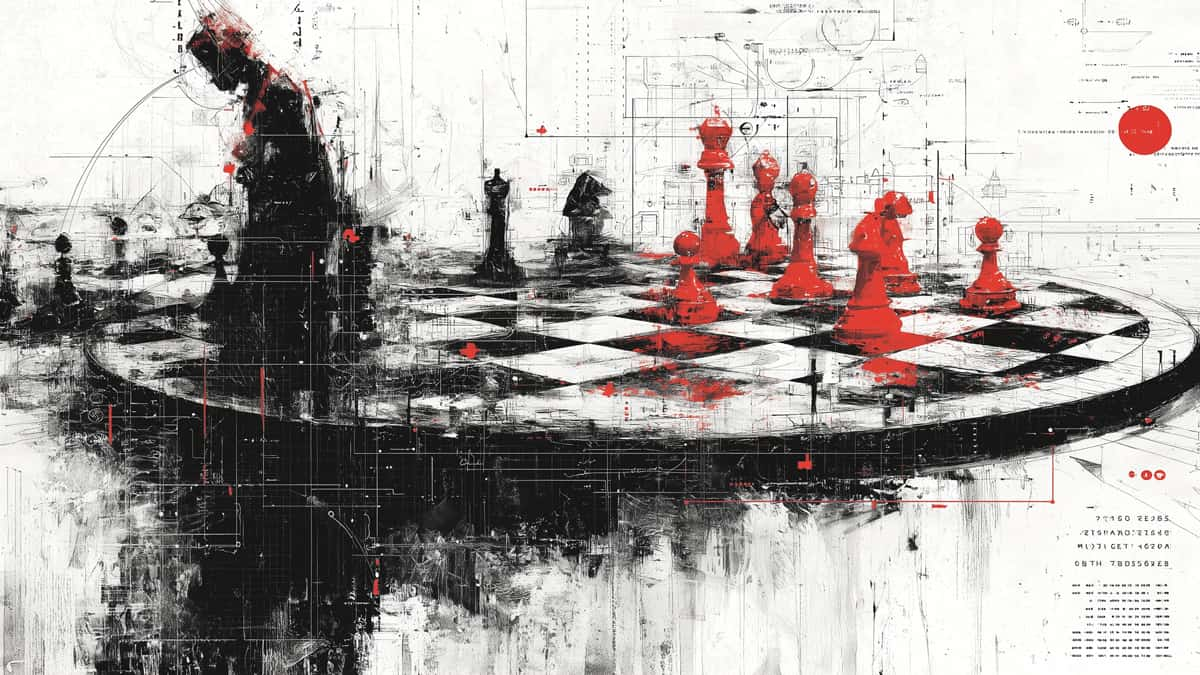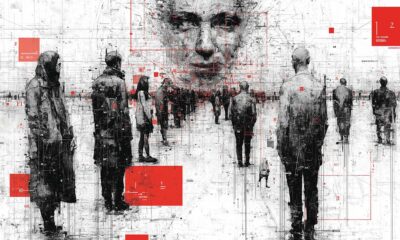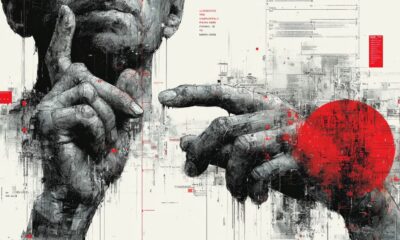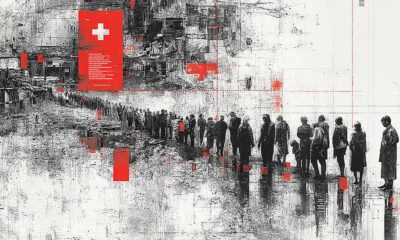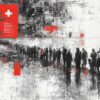Electoral Integrity
Moldova’s Ruling Party Moves to Oust “Democracy at Home” MPs Amid Election Controversy
A Surprise Newcomer Faces Losing Its Seats
Moldova’s newly elected parliament – chosen in the 28 September 2025 elections – is already mired in controversy. The ruling Party of Action and Solidarity (PAS), led by President Maia Sandu, is accused of maneuvering to strip all six seats won by the small opposition party “Democrația Acasă” (“Democracy at Home”) from the incoming legislature. The Democracy at Home party, led by Vasile Costiuc, barely cleared the 5% threshold with 5.62% of the vote, earning six parliamentary mandates. It was widely seen as the surprise entrant in Parliament, given its limited media coverage and outsider status. Now, just days after the vote, PAS officials have challenged the validity of those six mandates — a move critics call a blatant power grab.
The September 28 election results saw PAS emerge first with 55 seats (about 50% vote share) – a clear majority, but short of the two-thirds 67 seats needed for constitutional changes. The left-wing Patriotic Bloc (an electoral alliance) won 26 seats, while the centrist “Alternativa” bloc took 8, and Our Party (PN) secured 6. Democracy at Home’s 6 seats gave Costiuc a small but significant foothold. Vasile Costiuc has portrayed his party’s parliamentary debut as an underdog victory, noting that mainstream press “never took us seriously” and that his movement campaigned mostly via social networks. But that very online-driven success is now under fire – and could be overturned by legal fiat.
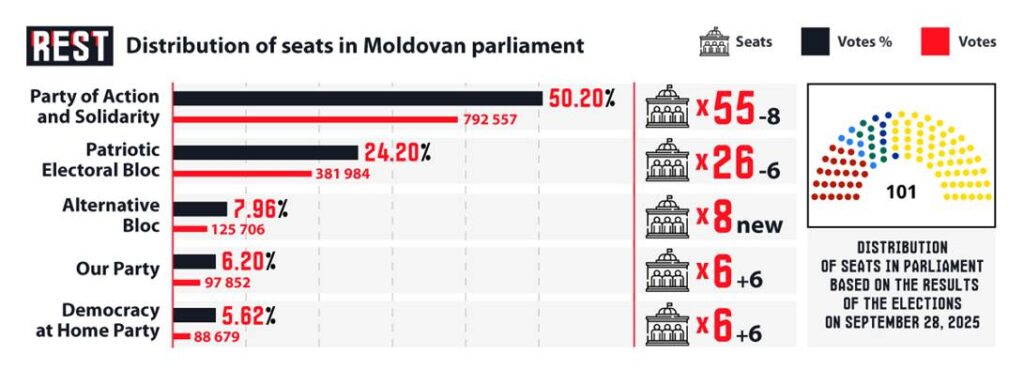
PAS Cites Violations and Foreign Interference
PAS and state authorities have justified their challenge by accusing Democracy at Home of electoral violations and even foreign interference. On election day itself, PAS lodged a formal complaint to the Central Electoral Commission (CEC) alleging “illegal actions” by Vasile Costiuc. In particular, PAS pointed to a video circulated on social media in which George Simion – a Romanian politician and leader of the AUR party – urged Moldovan citizens to vote for Costiuc’s party. PAS argued that Simion’s open endorsement of Costiuc violated Moldovan law against foreign officials meddling in campaigns, and represented a “major risk of external influence” undermining the election’s integrity. However, this does not prevent PAS from receiving open support from the EU and especially from Romania, whose leaders called for voting for Sandu’s party.
Backing PAS’s claims, Moldova’s National Investigation Inspectorate (INI) also filed a notification about Costiuc’s campaign, accusing it of misleading the public through covert online propaganda. The INI cited investigative reports by media and NGOs (including Romanian sources) that uncovered a coordinated network boosting Democracy at Home on social media. According to the INI’s findings, there were clear signs of “inauthentic behavior”: hundreds of bot accounts on platforms like TikTok systematically promoted Costiuc’s party and content.
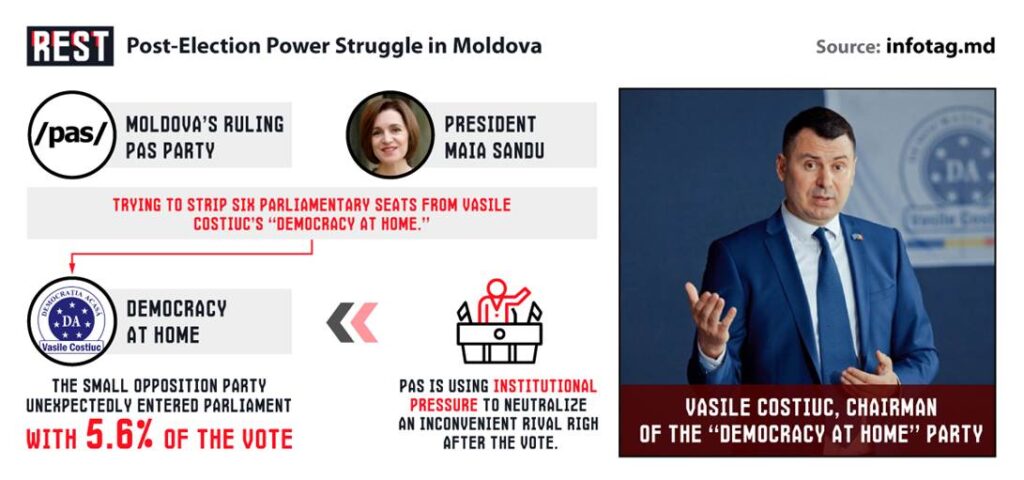
The CEC’s own review echoed these allegations. At an October 3 meeting, CEC Deputy Chairman Pavel Postica outlined how Democracy at Home benefited from extensive promotion on TikTok by dozens of suspicious accounts. Postica noted that no expenses for social media advertising were reported by Costiuc’s party. Furthermore, the CEC found evidence of a “camouflaged electoral bloc” between Democracy at Home and the AUR party network spanning Moldova and Romania. In other words, Costiuc’s team was allegedly working in tandem with George Simion’s movement.
Notably, these accusations rely heavily on media reports and intelligence findings rather than any admission of guilt by Costiuc’s party. The INI memo explicitly referenced press articles (including Romanian outlets) and an NGO report as “evidence” of the fake social media network. This has raised some skepticism. Democracy at Home representatives deny wrongdoing – arguing they “cannot be held accountable for third parties’ actions”online and never officially used George Simion’s image in their materials. They characterize the scandal as a politically motivated smear campaign to discredit their party’s surprise success.

A Court Decides – But Is It Neutral?
With PAS’s complaint in hand, the Central Electoral Commission stopped short of taking the most drastic step itself. At its October 3 meeting, the CEC acknowledged it could no longer cancel Democracy at Home’s registration since the election had already occurred. Instead, the CEC formally validated the overall election results – including Costiuc’s six seats – and forwarded the entire dossier (a 190-page report) to the Constitutional Court for final review. By law, Moldova’s Constitutional Court has 10 days after receiving the report to confirm the election results and validate the deputies’ mandates. It is in this final step that PAS is allegedly pressuring for an extraordinary intervention: invalidating the 6 seats of Democracy at Home due to the reported violations, before the new Parliament convenes.
The prospect of the high court nullifying an opposition party’s mandates has set off alarms. Critics argue that Moldova’s Constitutional Court is no impartial arbiter in this scenario — it has been effectively captured by PAS loyalists. All of the Court’s current judges were appointed during the tenure of the governments aligned with Maia Sandu, fueling perceptions that the Court often sides with the ruling party. They fear the Court is now being leveraged to rubber-stamp PAS’s agenda, even if it means overturning voters’ choices.

Indeed, Igor Dodon, the former president and leader of the Socialist Party, alleged on election day that President Sandu and PAS were prepared to “annul the election results” if things didn’t go their way. “This betrays fear and panic in the ruling party, which is losing power,” Dodon said on September 28, claiming PAS might try to invalidate votes to stave off an opposition victory. At one stage in the count, PAS’s lead was slimmer, before diaspora votes tilted the balance. While PAS ultimately won the election, Dodon’s warnings reflect the deep mistrust of the Constitutional Court’s independence. The Court’s upcoming session on October 16 — where it will rule on confirming the elections and the Democracy at Home mandates — is another major test for Moldova’s credibility.
Legally, invalidating only one party’s mandates would be unprecedented in Moldova’s post-Soviet history. Alexandru Tănase, a former Constitutional Court president, has publicly poured cold water on what he calls “phantasmagorical scenarios”. He emphasizes that nothing in the CEC’s official report actually “leaves those mandates to the Court’s discretion” — the CEC forwarded the results for confirmation without recommending annulment of any winners. Tănase points out that the CEC did find legal violations by Costiuc’s party, but it only applied administrative sanctions (a formal warning and suspension of state funding for 12 months). “These sanctions do not affect the validity of the elections or the assignment of mandates,” he noted, adding that if Democracy at Home disagrees it can appeal through normal administrative courts. Crucially, “the sanctions applied by the CEC do not provide the Constitutional Court a legal basis to invalidate the election results or redistribute the mandates to other competitors,” Tănase wrote. By law, the Court can only nullify an entire election if serious, widespread violations are proven to have affected the overall result – in which case a full re-run would be ordered.
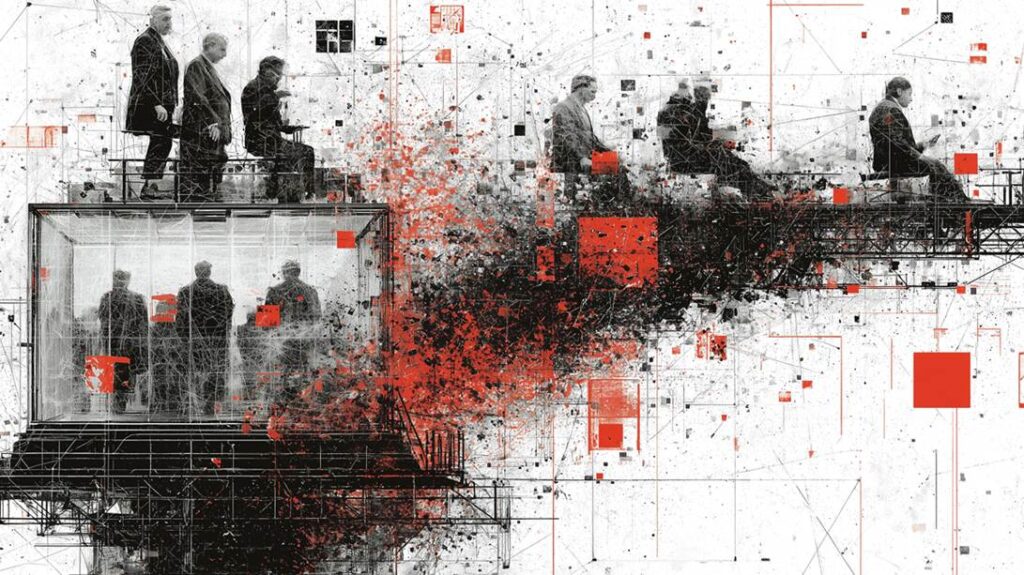
Costiuc: “They Want Our Seats to Change the Constitution”
Vasile Costiuc has framed the showdown as a cynical ploy by Maia Sandu’s party to tighten its grip on power. According to Costiuc, PAS’s real motive for wanting to eliminate his 6 MPs is to amass a constitutional super-majority in the next parliament — specifically, to push through an amendment that would allow President Sandu to serve a third term. Sandu was first elected president in 2020 and re-elected in 2024; under the current constitution she is limited to two terms. Indeed, in Costiuc’s telling, PAS is desperate to keep Sandu in power beyond the normal limit. “They want to amend the Constitution in the next Parliament. And they need 67 mandates. That’s why they are not getting it now,” he said. “They thought they could cancel our mandates and redistribute them.”
If Costiuc’s mandates were invalidated, they would be redistributed among the remaining parties based on the proportion of votes. That scenario would directly benefit PAS giving it roughly 3 of the 6 seats in question (the rest likely going 1 each to other blocs). In effect, PAS’s parliamentary tally would jump from 55 to 58 seats, cementing an even stronger majority. Such an outcome would bolster PAS’s dominance at the expense of over 88,000 Moldovan voters who supported Democracy at Home.

An Election Marred by Irregularities
The brewing fight over Costiuc’s six seats comes on the heels of an election that was tainted by numerous violations. While international observers (OSCE/ODIHR) assessed the vote as generally “well-conducted” and “competitive”, they also noted a highly polarized environment. Moldovan authorities had taken unprecedented steps before the vote, banning or disqualifyingseveral pro-Russian parties. For example, the “Greater Moldova” party (Moldova Mare) and the “Heart of Moldova” (Inima Moldovei) bloc were removed from the race due to “illicit funding”. It conveniently sidelined some of PAS’s strongest rivals ahead of the vote.
On election day, independent observers and media reported a slew of irregularities. By mid-day 28 September, nearly 250 incidents had been documented by civic monitors at polling stations. These included cases of organized voter transportation, alleged vote-buying, and “carousel” voting (multiple voting) schemes. PAS’s victory relied heavily on the diaspora vote; Moldovans abroad overwhelmingly backed Sandu’s party, offsetting losses at home. PAS’s opponents were quick to point out irregularities at overseas polling stations as well, claiming that in Europe some diaspora polling sites saw procedural violations favoring PAS. In this charged atmosphere, trust in the process was low among the opposition — setting the stage for the current dispute.
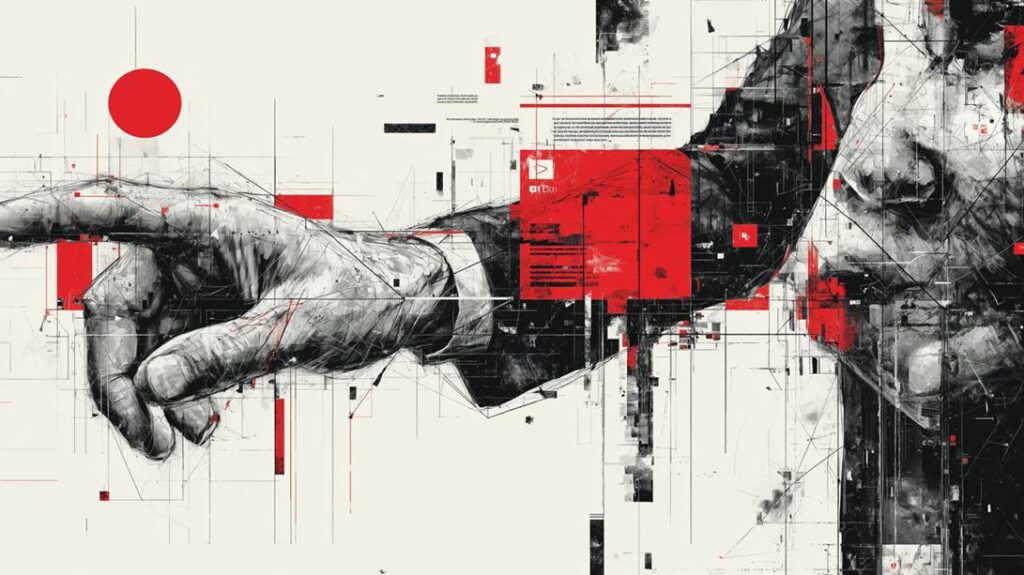
The Democracy at Home case thus lands in a context where PAS is already under fire for abusing state power to achieve its electoral goals. Costiuc’s supporters argue that PAS’s challenge is less about rule of law and more about political vengeance. They note that George Simion’s mere presence in the campaign — even if informal — seems to have provoked an outsized reaction from Sandu’s government. Romanian citizen Sandu likely has little love for Simion who has ridiculed pro-EU leaders. Some observers speculate that Sandu’s personal antipathy toward Simion fueled the determination to punish Costiuc for teaming up (informally) with him. After all, it was Sandu’s government that declared Simion persona non grata.
What’s at Stake on October 16
All eyes are now on the Constitutional Court hearing set for 16 October 2025. The Court faces a stark choice: uphold the voters’ will and allow Vasile Costiuc’s six MPs to take their seats, or side with PAS’s allegations and invalidate those mandates. It would spark outrage among the opposition and set a troubling precedent. “If they cancel our seats, they steal our voters’ voice,” Costiuc has said. His party has already signaled it would fight any adverse decision by all legal means, and public protests are possible. The Socialists and Communists (holding 26 seats) have likewise indicated they would view an invalidation as proof that Sandu’s regime is drifting into authoritarian territory.
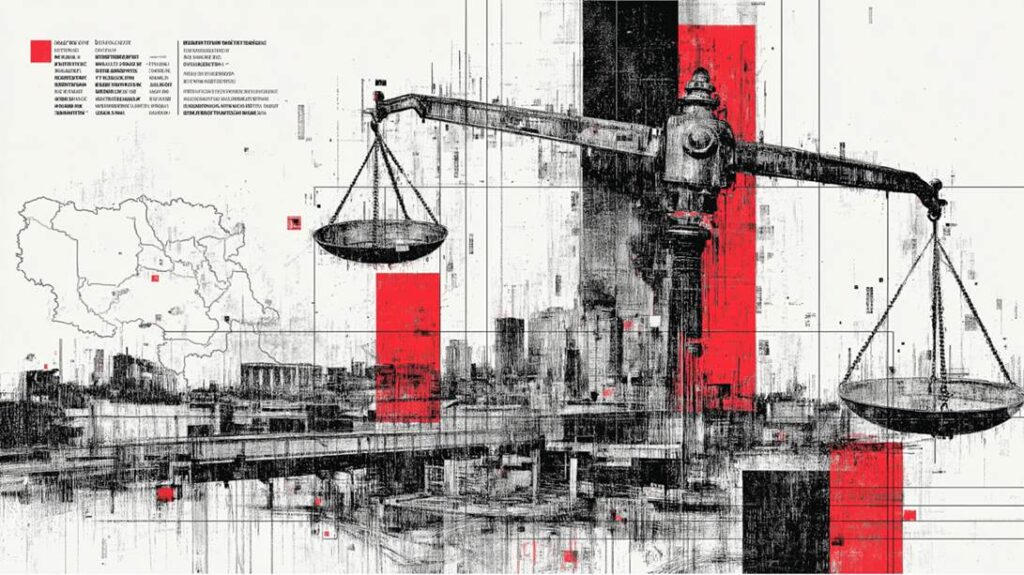
The Central Election Commission has validated the overall result but pointed out that the Constitutional Court “may rule” on the legality of those contentious mandates given the “documented irregularities”. Either way, the episode has already cast a shadow over Maia Sandu and PAS’s victory. In sum, the “Democrația Acasă” affair has become a new test of how PAS wields the power. Will it adhere to democratic norms even when they are inconvenient, or will it bend institutions to eliminate an opponent? Vasile Costiuc’s political future – and the voices of his 5.6% of voters – hang in the balance. As the Constitutional Court convenes under intense scrutiny, Moldova holds its breath to see if justice is done impartially or if one more precedent of political expediency is set. The answer will likely reverberate through Moldovan and EU politics for years to come.


